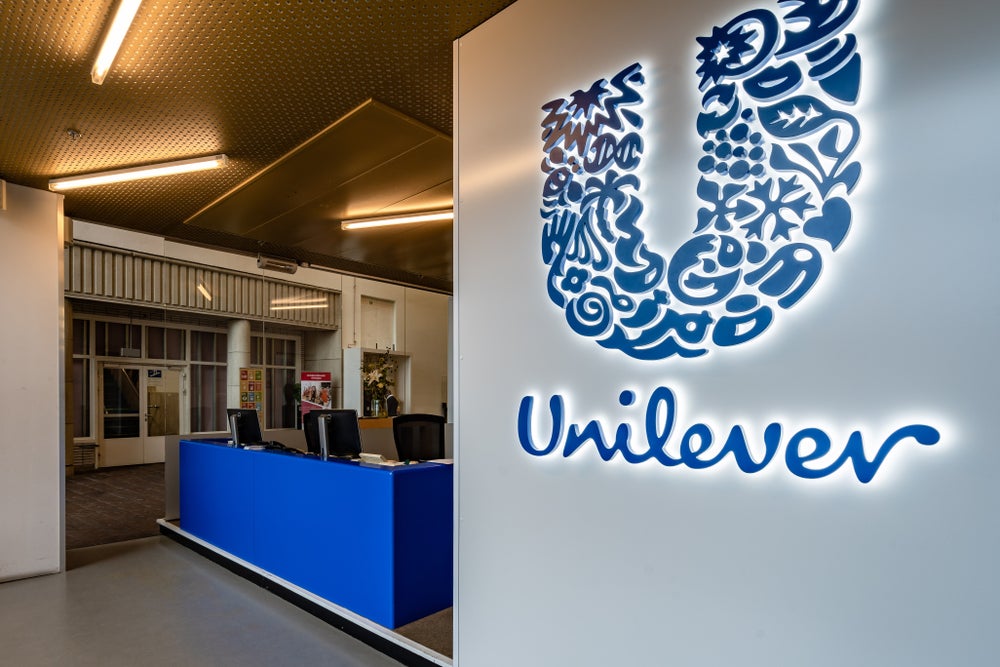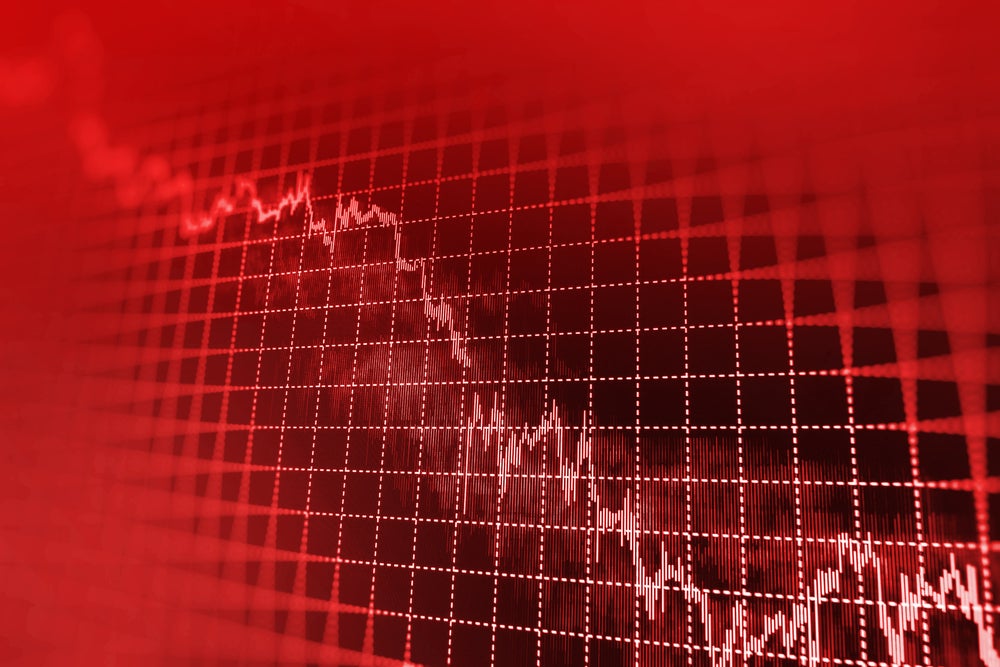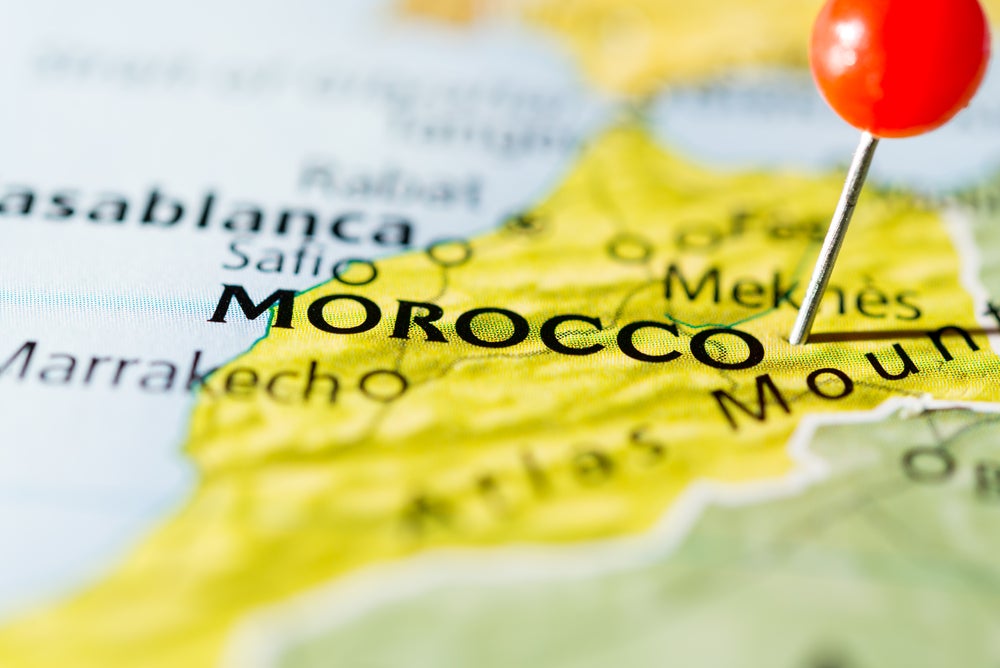In 2022, global corporations – including some that have supposedly exited the Russian market – made more than $213.9bn in revenues through their local Russian businesses.
Of this, $14.1bn was profit, and the companies paid $3.1bn in profit tax
on those takings. This is only the tip of the iceberg and likely a substantial
underestimate of the total tax bill, according to the The Business of Staying report from B4Ukraine and the Kyiv School of Economics (KSE), which, for the first time, examines the revenue and profits generated by multinationals operating in Russia.
"These companies continue to pay taxes in Russia, indirectly financing the war and the severe breaches of international human rights and humanitarian law that we see in Ukraine today," write B4Ukraine and KSE.
Using data collected by KSE and sourced from the Russian company register, the report finds that companies headquartered in EU member states alone earned $75.2bn in 2022 and paid $594m in profit tax.
Meanwhile, on a country basis, US companies collected the largest total revenues
in Russia and are the biggest contributors to the Kremlin’s coffers through
taxes on profits, paying $712m in 2022. This is followed by Germany, whose companies paid $402m in profit tax to Russia in 2022. Companies headquartered in G7 and EU countries were cumulatively the highest profit taxpayers in Russia in 2022, representing 16 of the top 20 country contributors.
The industries that saw the biggest revenue in 2022 are alcohol and tobacco, fast-moving consumer goods (FMCG) and automobiles.
The FMCG sector deserves attention. It is the second-highest revenue-generating sector, taking more than $21bn in revenues from Russia in 2022. This sector includes major European brands Unilever, Danone and Nestlé, all of which have chosen to stay in Russia, despite having curtailed some of their activities since the invasion.
Companies often cite the “essential” nature of the goods they supply in Russia as a
defence. However, many are stretching the definition to include, for example,
shampoo, aftershave and confectionery. In B4Ukraine’s engagement with
these companies, many decline when asked to disclose which goods they
consider to be essential/non-essential or the criteria by which they have
decided.











